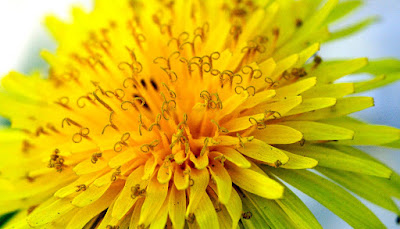LOSS OF BEES THREATENS US CROP YIELDS
An absence of pollinators such as is prominent to decreased plant yields for apples, cherries, and blueberries throughout the Unified Specifies, scientists record.
Most of the world's crops depend upon honeybees and wild for pollination, so declines in both managed and wild populaces raise concerns about food security, inning accordance with the new study.
taruhan bola terbesar momen yang dibuang anderson"We found that many crops are pollination-limited, meaning plant manufacturing would certainly be greater if plant blossoms received more pollination. We also found that honey and wild provided comparable quantities of pollination overall," says Rachael Winfree, a teacher in the ecology, development, and natural deposits division in the Institution of Ecological and Organic Sciences at Rutgers University-New Brunswick and elderly writer of the paper in the Procedures of the Imperial Culture B: Organic Sciences.
"Managing environment for native species and/or equipping more honey would certainly boost pollination degrees and could increase plant manufacturing," Winfree says.
Pollination by wild and managed bugs is critical for most crops, consisting of those providing essential micronutrients, and is essential for food security, the study keeps in mind.
In the US, the manufacturing of crops that depend upon pollinators generates greater than $50 billion a year. Inning accordance with current proof, European honey (Apis mellifera) and some native wild species remain in decrease.
At 131 ranches throughout the US and in British Columbia, Canada, researchers gathered information on bug pollination of plant blossoms and yield for apples, highbush blueberries, wonderful cherries, sharp cherries, almonds, watermelons, and pumpkins.
Of those, apples, wonderful cherries, sharp cherries, and blueberries revealed proof of being limited by pollination, indicating that yields are presently less than they would certainly be with complete pollination.
Wild and honey provided comparable quantities of pollination for most crops.
The yearly manufacturing worth of wild pollinators for all 7 crops was an approximated $1.5 billion-plus in the US. The worth of wild pollination for all pollinator-dependent crops would certainly be a lot greater.
"Our searchings for show that pollinator declines could equate straight right into reduced yields for most of the crops examined," the study says.
The searchings for recommend that adopting methods that save or enhance wild , such as improving wildflowers and using managed pollinators various other compared to honey , is most likely to boost yields. Enhancing financial investment in honey colonies is another alternative.
The study was component of the Incorporated Plant Pollination Project, which the USDA-NIFA Specialized Plant Research Effort moneyed.



